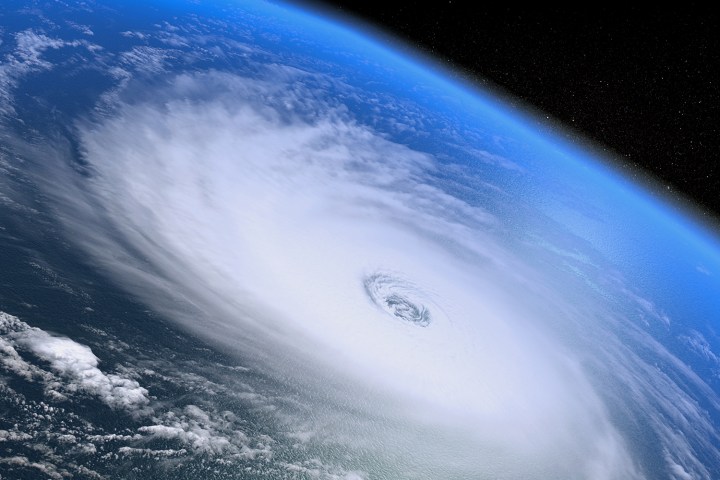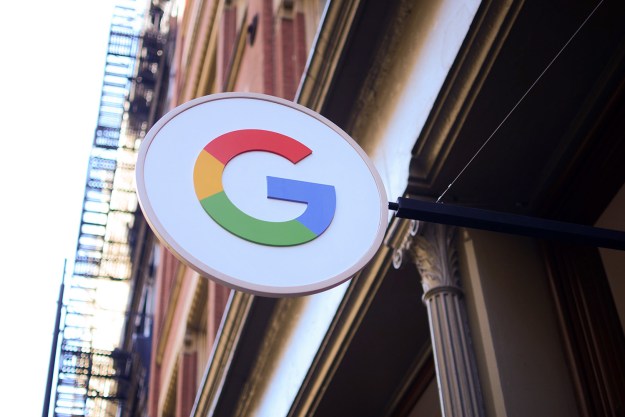
When users in the U.S. query Google about hurricanes or tornadoes, the results will change based on their current location — you’ll be able to see a map showing your location in relation to the coming storm, visualizations of its forecasting track and arrival time, and concise instructions for how to stay safe. Those instructions will be pulled from official sources and customized to take into account how severe the storm will be when it hits your location.
“For example, if you search for a specific storm when it’s still several days away, you may see a map of the developing weather event and a recommendation to start preparing an emergency kit,” explains Google data engineer Pete Giencke in a blog post. “If the storm is only hours away from your location, you might receive a reminder to start charging your phone in case power goes out. And if you search when the storm is nearby, you’ll get the most urgent information, like how to avoid injury from fast-moving water or flying debris.”

The feature is rolling out to users in the United States now though there’s no indication if or when it’s going to expand to other countries regularly affected by natural disasters. Google already offers a public alerts system in partnership with several nations across the globe, and has a dedicated Crisis Response team for making information available after a disaster. This new measure should improve people’s safety before the event too.
“Not every storm is as devastating as Katrina was, but they all have the potential to cause damage, disrupt lives, and uproot communities,” adds Giencke. “By providing useful, accurate, early-warning information, we want to do our part to help people prepare. More information won’t stop natural disasters from occurring, but it can go a long way to keeping people safe, and in some cases, could even save lives.”
If you’re stuck in the path of an incoming storm, you know what to do: Google it.
[Image courtesy of 3dmotus/Shutterstock.com]
Editors' Recommendations
- Have one of these Google Pixel phones? You’re getting Circle to Search
- Everything Google launched at its big fall event: Pixel 8 and 8 Pro, Pixel Watch, more
- New Google privacy features fight phishing, scrub search results
- Google now wants you to scroll forever on its Search for mobile
- Will Google ever lose its throne as king of search? Here are its main contenders


